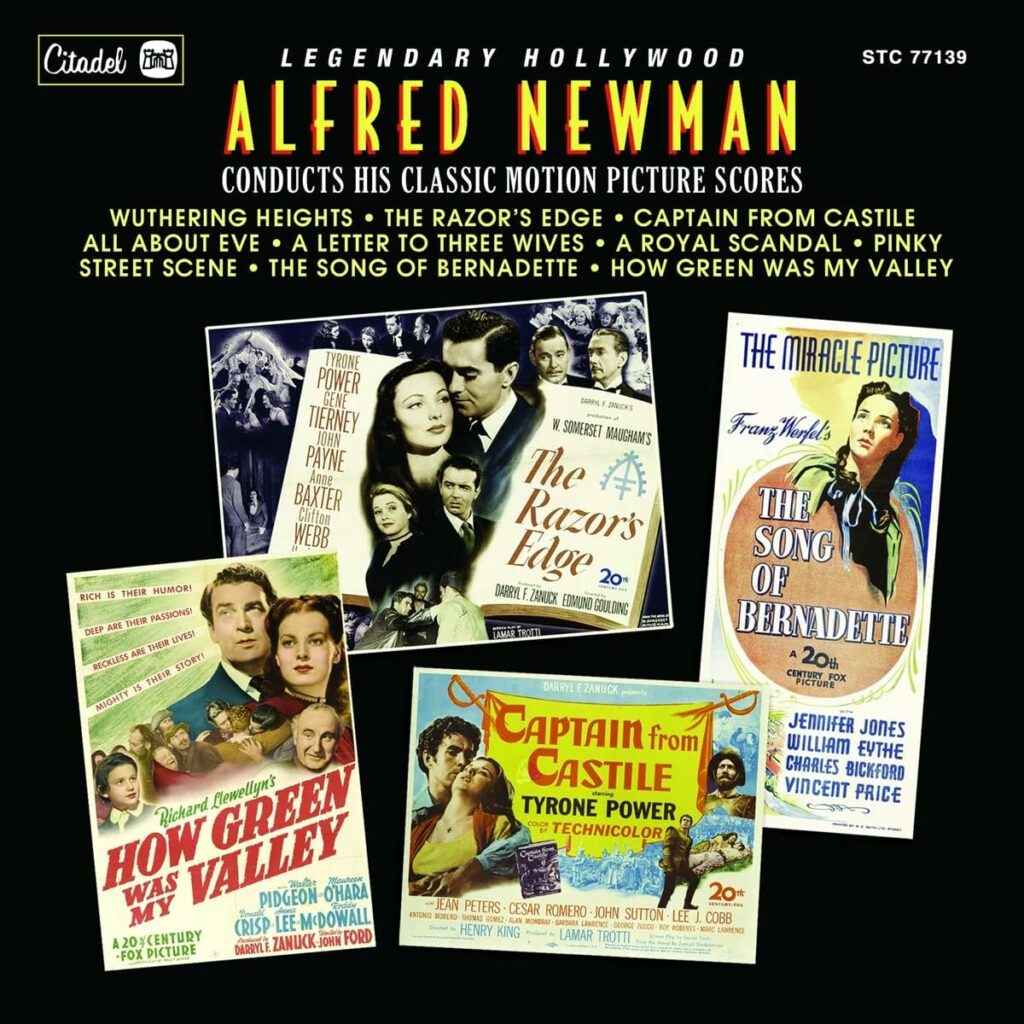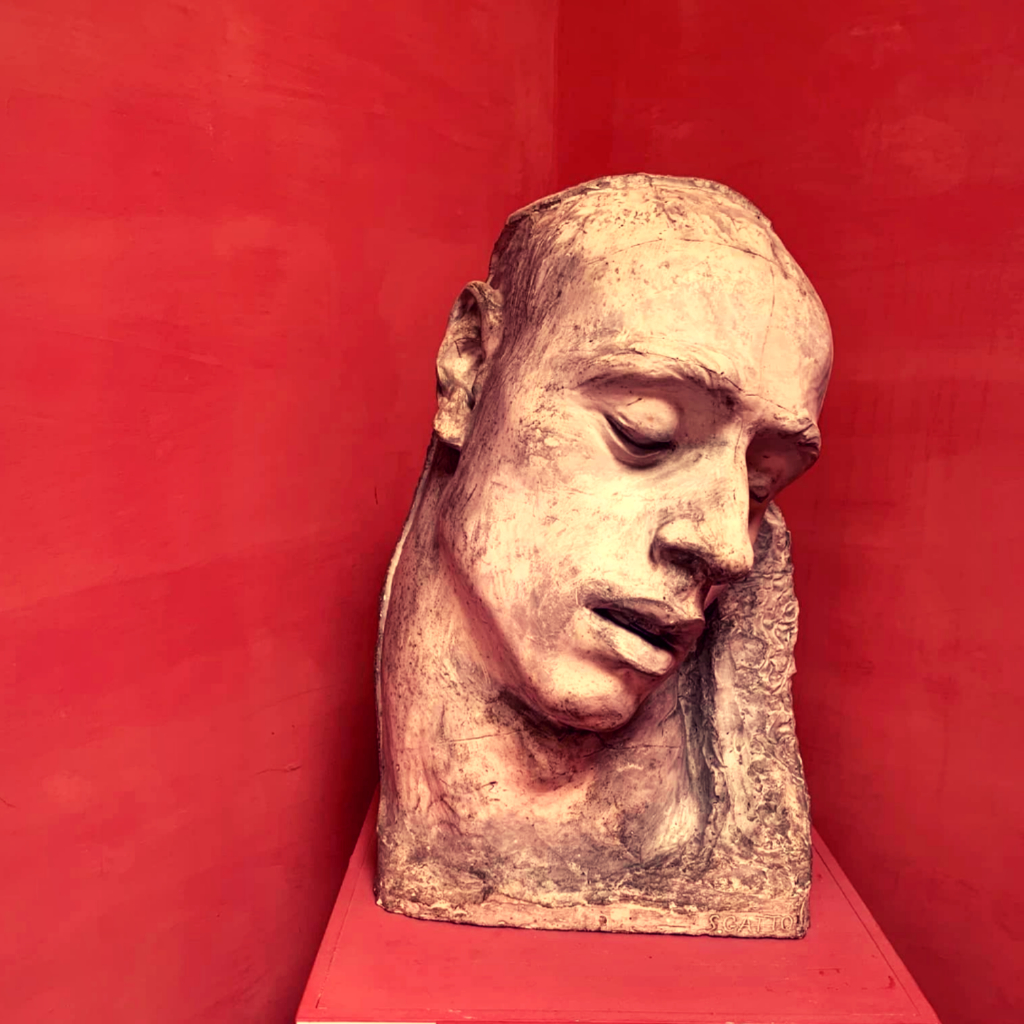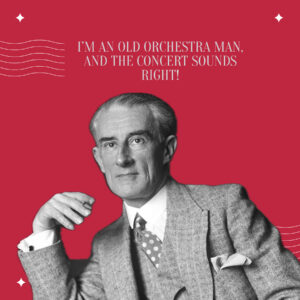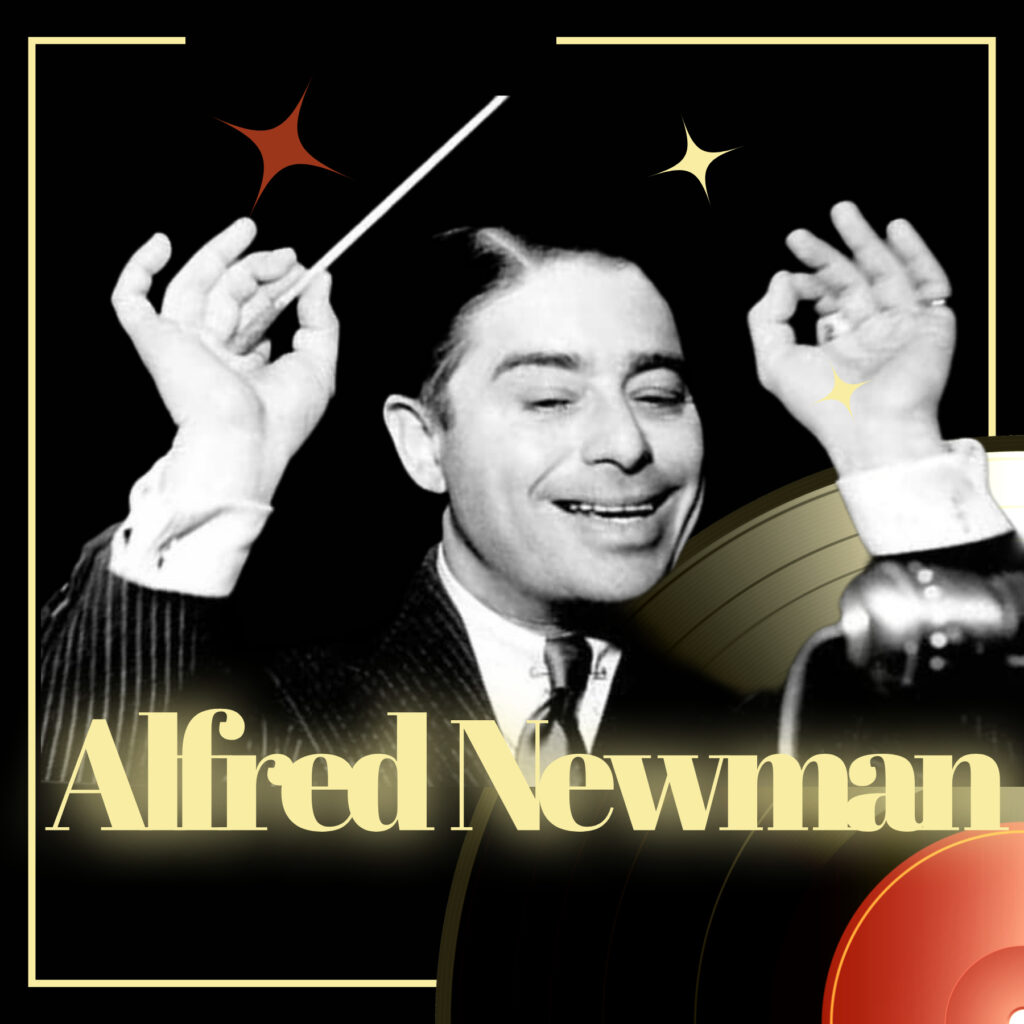
He is perhaps best known for composing the fanfare which accompanies the studio logo at the beginning of 20th Century Fox's productions. Newman was highly regarded as a conductor, and arranged and conducted many scores by other composers, including George Gershwin, Charles Chaplin, and Irving Berlin.
Alfred Newman is remembered as one of the titans of film music. We recall some remarkable facts of his bright life path.
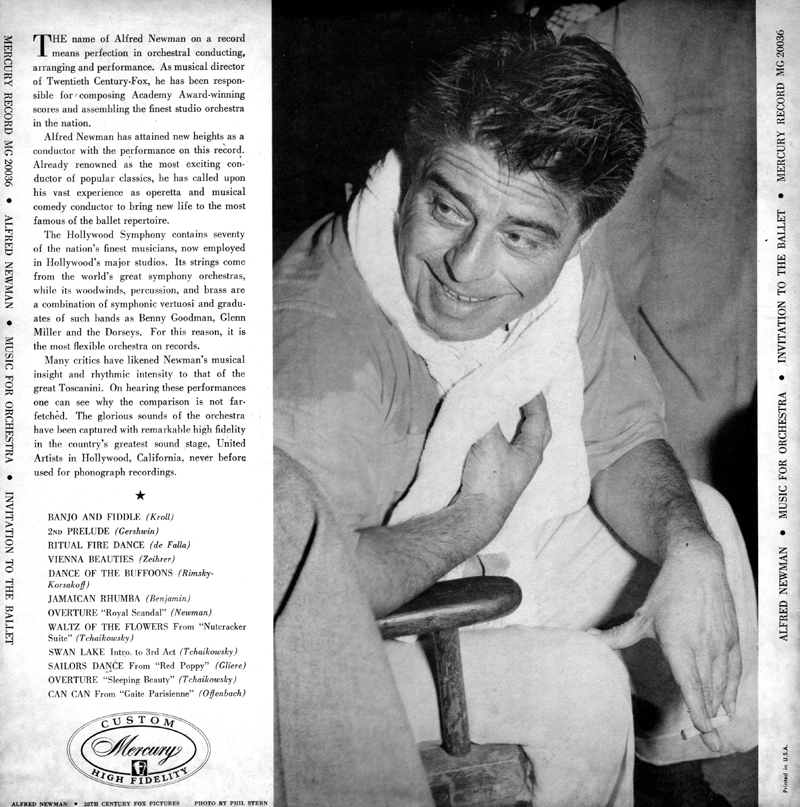
- His father could not find work, and Alfred took up the mantle of bread earner for his family by playing at local theatres and restaurants. At thirteen years of age, his altruism was rewarded when friends intervened, finding him a job as piano soloist at the Strand theatre in New York City. These were challenging years for Newman as he tried to eke out a living as he drifted from one job to another. He travelled the theatres of Vaudeville with performer Grace LaRue, and was billed as “The Marvelous Boy Pianist”.
- His two younger brothers, Emil and Lionel, were both composers, as are his sons David, Thomas and his nephew Randy. The Newman family legacy is nothing short of remarkable.
- In 1930, he so impressed composer Irving Berlin that he was invited to join him in Hollywood. Newman, who was always looking for a big career opportunity, instantly and graciously accepted the offer and never turned back. Upon arriving, private lessons were secured with the renowned expressionist composer Arnold Schoenberg, leader of the Second Viennese School.
- He began his new career working on Berlin’s film project, “Reaching For The Moon”. His success with this film resulted in an offer of employment by Samuel Goldwyn and United Artists Studio. He scored his first film for Goldwyn’s 1931 production “Street Scene”, for which he wrote a timeless song.
- He earned his ninth and final Oscar for “Camelot” (1967) to cap off an amazing 37 year run. Newman’s stellar career came to an end with his final score, “Airport” (1970). As was his practice, he conducted the recording sessions for the music heard in the film, but was unable to conduct the commercial release due to failing health. He retired from film scoring immediately after completing the score and died shortly there after on February 17, 1970, at his home in Hollywood.
- It suffices to say that Newman’s contribution to raising the film musical to an art form cannot be understated. He created what has come to be called the “Newman system”, which may be described as the time synchronisation of the movie score recording with the film itself. This system used a special print of the film that is played for the conductor’s reference. It was specially marked with punches or tiny marks in the film (two of every ten frames) that provided a standard beat to help the conductor keep in synch with the tempo. In addition, to synchronise both music and action, he used streamers, or horizontal lines which moved across the screen at a regular pace.
- He is perhaps best known for composing the fanfare which accompanies the studio logo at the beginning of 20th Century Fox’s productions. Newman was highly regarded as a conductor, and arranged and conducted many scores by other composers, including George Gershwin, Charles Chaplin, and Irving Berlin.
